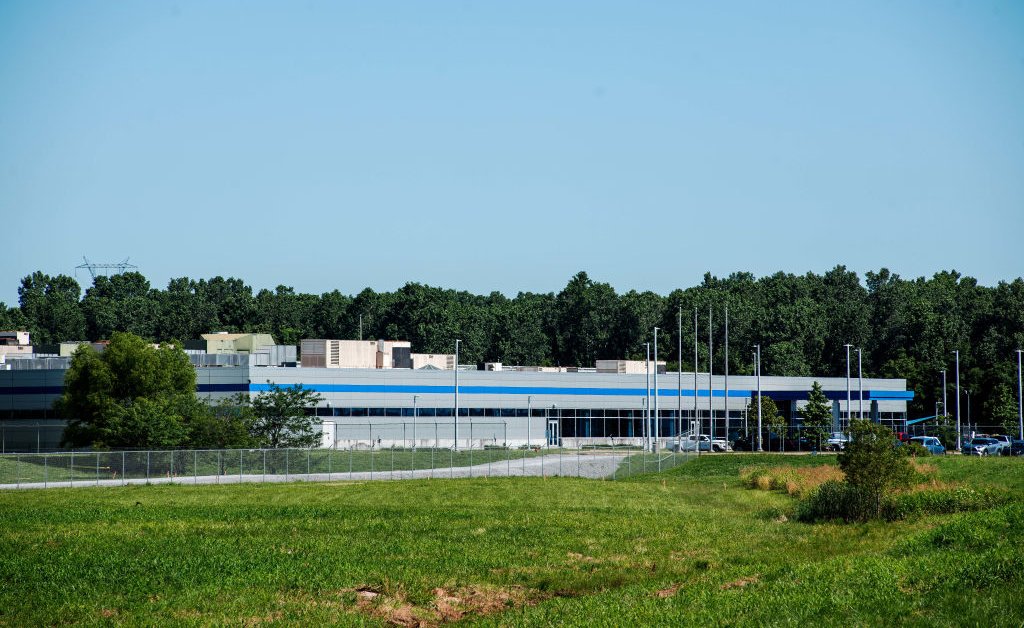Elon Musk’s artificial intelligence startup xAI made headlines in July when he announced plans to release the most powerful AI in the world, Grok 3, by December. Musk revealed that the AI would be trained at a new center in Memphis, which was reportedly built in just 19 days. However, this announcement caught many residents of Memphis off guard, including city council members who were not consulted about the project. Concerns have been raised about the potential negative impacts of the data center, such as increased electricity and water usage, on the environment and nearby neighborhoods.
Activists and environmental groups in Memphis have been vocal about their opposition to the xAI training center, citing concerns about air quality, water access, and grid stability. They also allege that the company is operating gas turbines illegally. KeShaun Pearson, executive director of Memphis Community Against Pollution, criticized xAI for disregarding the community’s well-being and treating southwest Memphis as a dumping ground for industrial waste. On the other hand, some local leaders and utility companies believe that xAI’s presence in Memphis will bring economic benefits and modernize the local infrastructure.
The xAI project in Memphis is seen as a test case for the impact of AI-fueled data centers on American infrastructure and disadvantaged communities. While some argue that the project will create jobs and improve grid technology, others fear that it will exacerbate existing environmental and social inequalities. The controversy surrounding the xAI training center highlights the ongoing tension between technological advancement and environmental justice, as well as the need for greater community engagement in decision-making processes.
As the debate over the xAI training center continues, it raises important questions about corporate responsibility, community involvement, and the long-term effects of AI development on society. The clash between those who see xAI as a potential economic boon and those who view it as a threat to the environment underscores the complex challenges that arise from rapid technological innovation. Ultimately, the outcome of the xAI project in Memphis will have far-reaching implications for how future AI initiatives are planned and implemented, and whether they can truly benefit society as a whole.









